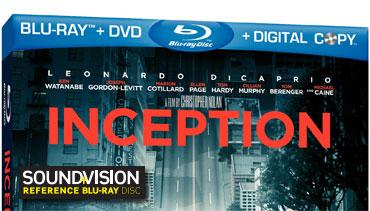LATEST ADDITIONS

With the rise of iTunes, Netflix, and other online sources of streaming and downloadable audio/video content, many now predict that physical media such as CD, DVD, and Blu-ray will soon go the way of the dinosaurs. According to a recent story in the Los Angeles Times, sales of CDs and DVDs are down 57 and 33 percent, respectively, over the last four years, but Blu-ray disc sales have grown by almost 19,000 percent in the same time frame. Still, there are those who see Blu-ray as the last physical medium in the face of the online onslaught.
Others believe that physical media will never disappear altogether, in part because it's human nature to collect physical objects, and the sense of ownership is greater when you have something to hold in your hands. Additional factors in this argument include physical media's permanencethere's no chance of losing the data in a hard-disk crashand generally superior sound and picture quality.
Which side of this argument are you on? Do you believe that the end of physical media is upon us, or will it survive the rise of online distribution, perhaps with the development of a future technology such as holographic crystals with terabytes of capacity? Or will it become a niche market as vinyl LPs are today?
Vote to see the results and leave a comment about your choice. Is your vote a real prediction or wishful thinking?
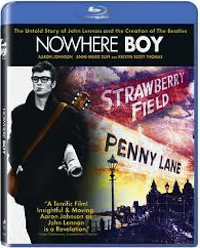 Video: 3.5/5
Video: 3.5/5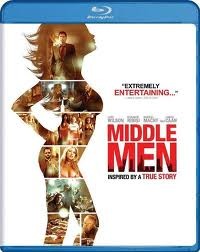 Video: 4/5
Video: 4/5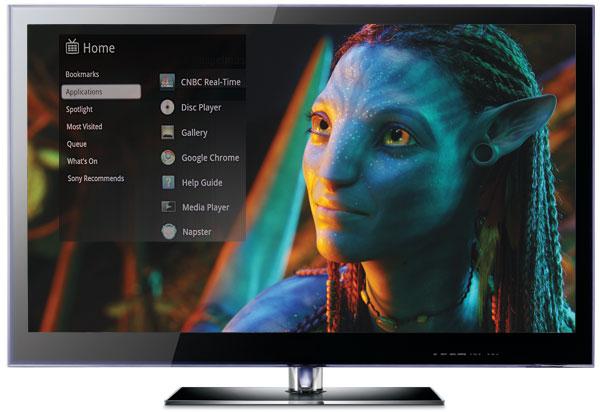

 While dozing off, young Alice dreams about falling down a rabbit hole that is populated by a peculiar series of misadventures. The always sensible Alice whirls through a world of contradictions, imagination, and surprises where she encounters amazing creatures including a pocket watch-toting White Rabbit, the imperious Queen of Hearts and her army of playing cards, and a Cheshire Cat with a lingering smile.
While dozing off, young Alice dreams about falling down a rabbit hole that is populated by a peculiar series of misadventures. The always sensible Alice whirls through a world of contradictions, imagination, and surprises where she encounters amazing creatures including a pocket watch-toting White Rabbit, the imperious Queen of Hearts and her army of playing cards, and a Cheshire Cat with a lingering smile.
 Pioneer has licensed its Elite brand to Sharp as a prelude to the joint marketing of Elite-branded LCD TVs.
Pioneer has licensed its Elite brand to Sharp as a prelude to the joint marketing of Elite-branded LCD TVs.
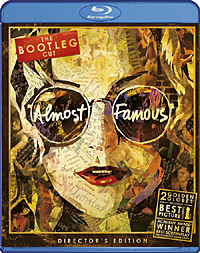 William (Patrick Fugit) is a 15-year-old music fan who gets a dream assignment to travel with an up-and-coming band and write a cover story for Rolling Stone magazine. His mother (Frances McDormand) isn't thrilled with the gig, but the young man hits the road with the band and learns there's more to write about than just music.
William (Patrick Fugit) is a 15-year-old music fan who gets a dream assignment to travel with an up-and-coming band and write a cover story for Rolling Stone magazine. His mother (Frances McDormand) isn't thrilled with the gig, but the young man hits the road with the band and learns there's more to write about than just music.
